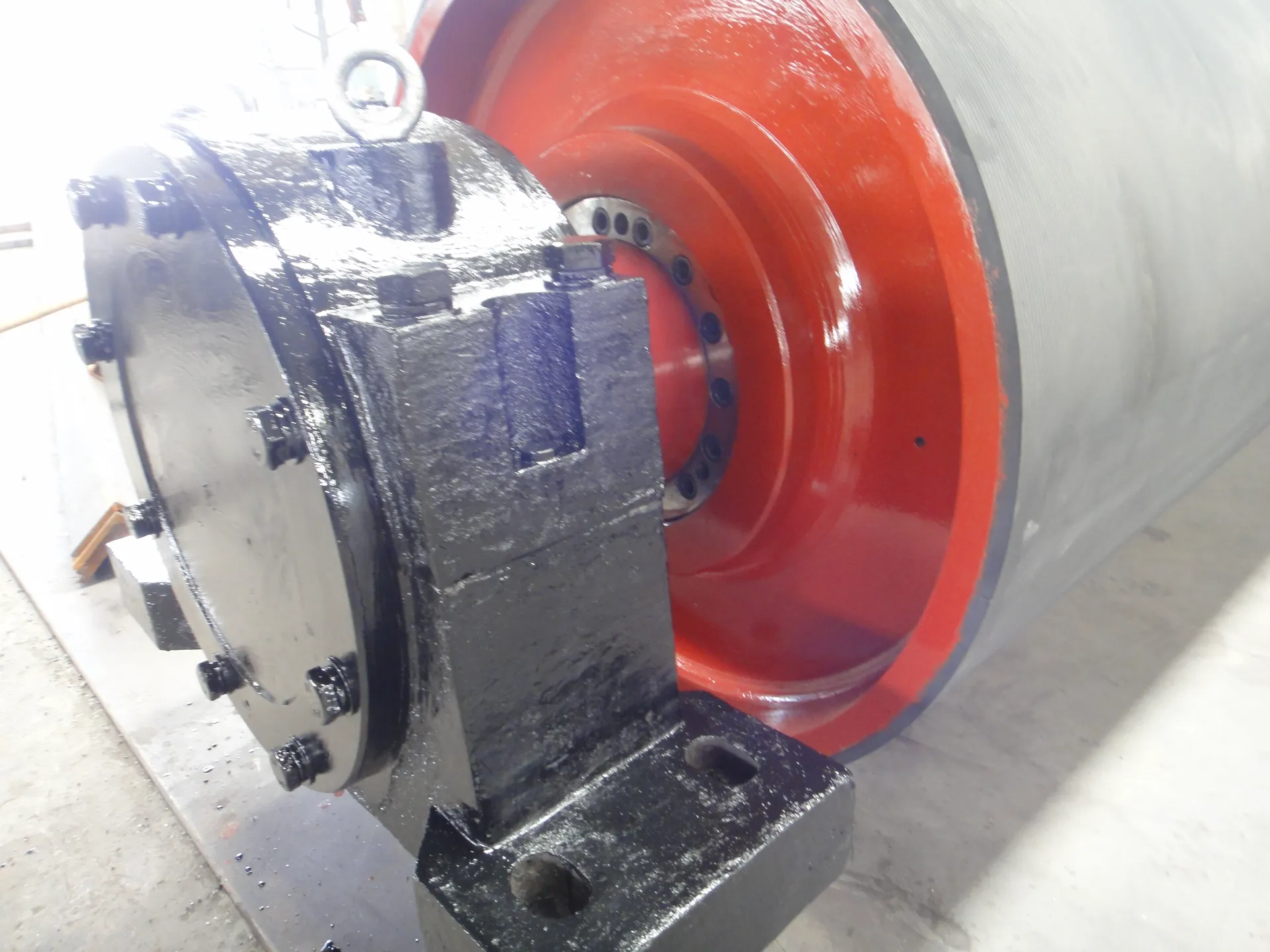 Afrikaans
Afrikaans  Albanian
Albanian  Amharic
Amharic  Arabic
Arabic  Armenian
Armenian  Azerbaijani
Azerbaijani  Basque
Basque  Belarusian
Belarusian  Bengali
Bengali  Bosnian
Bosnian  Bulgarian
Bulgarian  Catalan
Catalan  Cebuano
Cebuano  Corsican
Corsican  Croatian
Croatian  Czech
Czech  Danish
Danish  Dutch
Dutch  English
English  Esperanto
Esperanto  Estonian
Estonian  Finnish
Finnish  French
French  Frisian
Frisian  Galician
Galician  Georgian
Georgian  German
German  Greek
Greek  Gujarati
Gujarati  Haitian Creole
Haitian Creole  hausa
hausa  hawaiian
hawaiian  Hebrew
Hebrew  Hindi
Hindi  Miao
Miao  Hungarian
Hungarian  Icelandic
Icelandic  igbo
igbo  Indonesian
Indonesian  irish
irish  Italian
Italian  Japanese
Japanese  Javanese
Javanese  Kannada
Kannada  kazakh
kazakh  Khmer
Khmer  Rwandese
Rwandese  Korean
Korean  Kurdish
Kurdish  Kyrgyz
Kyrgyz  Lao
Lao  Latin
Latin  Latvian
Latvian  Lithuanian
Lithuanian  Luxembourgish
Luxembourgish  Macedonian
Macedonian  Malgashi
Malgashi  Malay
Malay  Malayalam
Malayalam  Maltese
Maltese  Maori
Maori  Marathi
Marathi  Mongolian
Mongolian  Myanmar
Myanmar  Nepali
Nepali  Norwegian
Norwegian  Norwegian
Norwegian  Occitan
Occitan  Pashto
Pashto  Persian
Persian  Polish
Polish  Portuguese
Portuguese  Punjabi
Punjabi  Romanian
Romanian  Russian
Russian  Samoan
Samoan  Scottish Gaelic
Scottish Gaelic  Serbian
Serbian  Sesotho
Sesotho  Shona
Shona  Sindhi
Sindhi  Sinhala
Sinhala  Slovak
Slovak  Slovenian
Slovenian  Somali
Somali  Spanish
Spanish  Sundanese
Sundanese  Swahili
Swahili  Swedish
Swedish  Tagalog
Tagalog  Tajik
Tajik  Tamil
Tamil  Tatar
Tatar  Telugu
Telugu  Thai
Thai  Turkish
Turkish  Turkmen
Turkmen  Ukrainian
Ukrainian  Urdu
Urdu  Uighur
Uighur  Uzbek
Uzbek  Vietnamese
Vietnamese  Welsh
Welsh  Bantu
Bantu  Yiddish
Yiddish  Yoruba
Yoruba  Zulu
Zulu Exploring Various Types of Conveyor Rollers and Their Applications in Industry
Understanding Different Types of Conveyor Rollers
Conveyor rollers are essential components of material handling systems, enabling the efficient transport of goods in various environments, from manufacturing plants to warehouse facilities. Their design may vary based on the application, type of load, and specific operational requirements. In this article, we will explore the different types of conveyor rollers, their functions, and the applications in which they excel.
1. Steel Rollers
Steel rollers are among the most common types used in conveyor systems. Characterized by their robust construction, these rollers can bear heavy loads and withstand harsh environments. Steel rollers are often coated to resist corrosion and wear, making them suitable for applications involving heavy materials or where durability is paramount. They are widely used in industries such as mining, construction, and heavy manufacturing.
2. Plastic Rollers
Plastic rollers provide a lightweight alternative to steel, making them easier to handle and install. They are resistant to corrosion and chemicals, which makes them ideal for applications in food processing, pharmaceuticals, and packaging. Plastic rollers minimize noise and reduce friction, enhancing the efficiency of the conveyor system while ensuring a smoother operation. Additionally, they are often used in lighter-duty applications where weight and flexibility are essential.
3. Rubber Coated Rollers
These rollers are designed with a rubber coating to provide enhanced grip and reduce slippage during the transporting of goods. The rubber surface can absorb shock and vibrations, helping to protect fragile loads. Rubber coated rollers are particularly useful in applications where the materials being conveyed need to be handled carefully, such as in the automotive industry or when moving finished goods.
different types of conveyor rollers

Gravity rollers operate based on the principle of gravity and are often used in applications requiring a simple, low-cost solution for material handling. They are typically installed at a slight incline, allowing products to roll from one end to the other. Gravity roller conveyors are common in distribution centers and assembly lines, where they facilitate the movement of products without the need for powered systems.
5. Powered Rollers
Unlike gravity rollers, powered rollers use a motor to drive them, making them suitable for handling heavier loads or products that require controlled speeds. Powered rollers are typically found in high-capacity systems where automation is a key focus. They are ideal for sorting and merging applications, particularly in warehouses and shipping facilities where precise handling of packages is critical.
6. Specialty Rollers
Specialty rollers are designed for specific applications and can include features like tapering for better alignment, or roller beds designed to handle unique products such as tires or irregularly shaped items. Examples include high-friction rollers used for incline applications and rollers designed for use in temperature-controlled environments, such as freezer applications in the food industry.
7. Custom Rollers
Many manufacturers now offer custom solutions tailored to the unique needs of a business. Custom conveyor rollers can be made from various materials, with different lengths, diameters, and coatings, ensuring that they meet specific operational demands. This option is increasingly popular among companies looking to optimize their material handling processes, as it provides flexibility and a tailored approach.
Conclusion
Understanding the different types of conveyor rollers is crucial for businesses looking to optimize their material handling systems. Selecting the right roller can significantly impact the efficiency and effectiveness of loading and unloading operations. Whether it’s heavy-duty steel rollers for robust industrial processes or lightweight plastic rollers for gentle handling of fragile goods, each type serves a critical purpose. By carefully considering the material, application, and load requirements, businesses can streamline their processes, reduce downtime, and improve overall productivity. As technology continues to evolve, the development of new roller types and materials will further enhance the functionality of conveyor systems, making them an indispensable part of modern logistics and manufacturing.
-
Trusted Conveyor Solutions from Leading Conveyor Idler Roller ManufacturersNewsJun.27,2025
-
Reliable Return Idler Solutions for Efficient Belt Conveyor SystemsNewsJun.27,2025
-
Precision Conveyor Accessories for Streamlined Material HandlingNewsJun.27,2025
-
High-Quality Belt Conveyor Idler Solutions for Efficient Material HandlingNewsJun.27,2025
-
High-Performance Belt Conveyor Pulleys for Reliable Material HandlingNewsJun.27,2025
-
Enhancing Material Handling EfficiencyNewsJun.27,2025





























